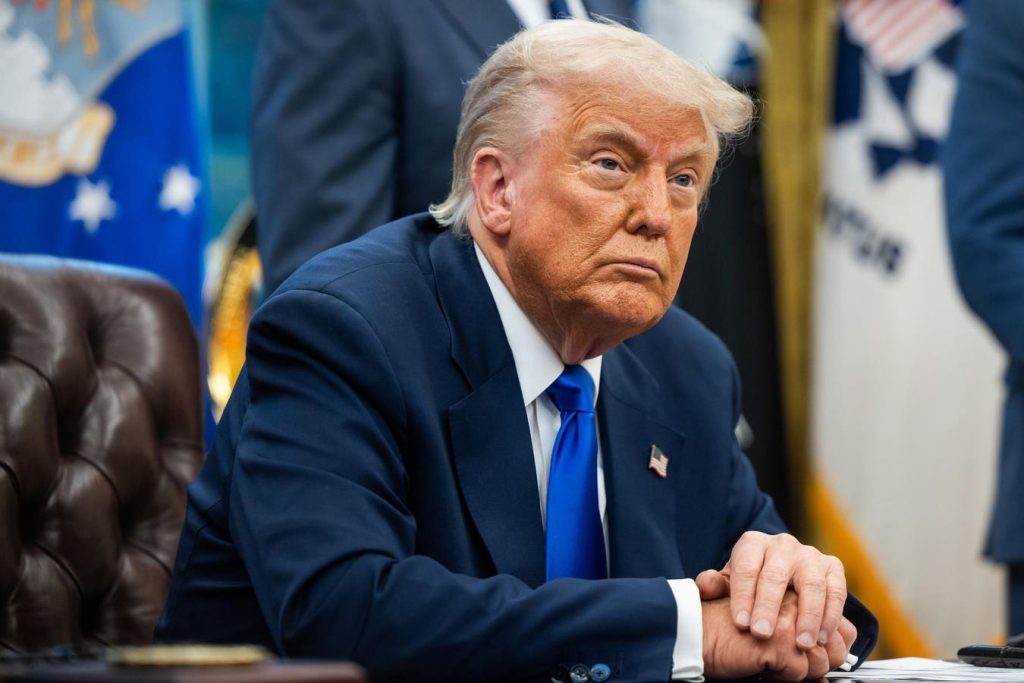Executive Order on Reducing Phosphoric drugprices
amortization, while assessing the feasibility of the proposed price anchoring. This policy aims to align American drug prices with those of comparator countries, reducing costs for U.S. consumers and enhancing reforms for global healthcare standards.
The_model for Aligning Prices
特朗普’s proposed plan, known as the "Most-Favored-Nation" model, seeks to set prices at comparator countries’ levels. Specifically, the model targets pharmaceutical manufacturers to bring their prices into line with metric indicators such as gross domestic product per capita. However, this policy has been criticized for potential logistical complexities, such as delays in drug development and differing timelines for pricing and dosing.
Implementation Challenges
During enforcement, the MFN strategy requires a detailed coordination process among pharmaceutical manufacturers. One of the primary challenges is the variability in timing of drug launches and dosing processes in different countries. Additionally, logistical issues in some international jurisdictions hinder the assignment of proprietary net prices, complicating the creation of a comprehensive global price index.
Direct-to-Consumer Sales
The executive order also emphasizes the importance of direct-to-consumer sales, allowing manufacturers to sell drugs at MFN prices directly to American patients. However, this approach poses challenges for most pharmaceutical firms, particularly those in commercial insurance. These firms often face barriers to accessing DTC sales programmatically, with most offering co-pay reductions but fewer firms in the insurance sectors. The financial impact on these firms remains uncertain, as prices are often set 30-80% lower than prescription drug costs.
Global Drug Pricing Practices
Kathryn Lewis notes, "While the MFN strategy is innovative, it raises constitutional and legal issues." The proposed executive order would need to address challenges related to the Commerce Clause, which grants U.S. Congress the final say over trade regulations. Under President Trump’s interpretation, relocating drug prices to comparator countries would likely violate this constitutional authority, stipulating that pricing decisions must be made at the federal level rather than arbitrarily.
LEG_assertion and Health Costs
President Trump also contemplates a rule-making process to impose MFN pricing, with the White House cautioning against governmental misuse of constitutional powers. If this model fails to achieve the desired outcomes, the Administration could face challenges in ensuring drug prices align with the global market. Additionally, Congress’s emphasis on universal access to affordable health care has further’]],
This raises concerns among critics who question the extent to which these policies could reduce drug prices on a global scale and exacerbate the welfare trade-off. Some worry that drug prices in other countries may not be adequately adjusted to reflect their tendering terms, potentially exposing them to lower demand and national savings.














